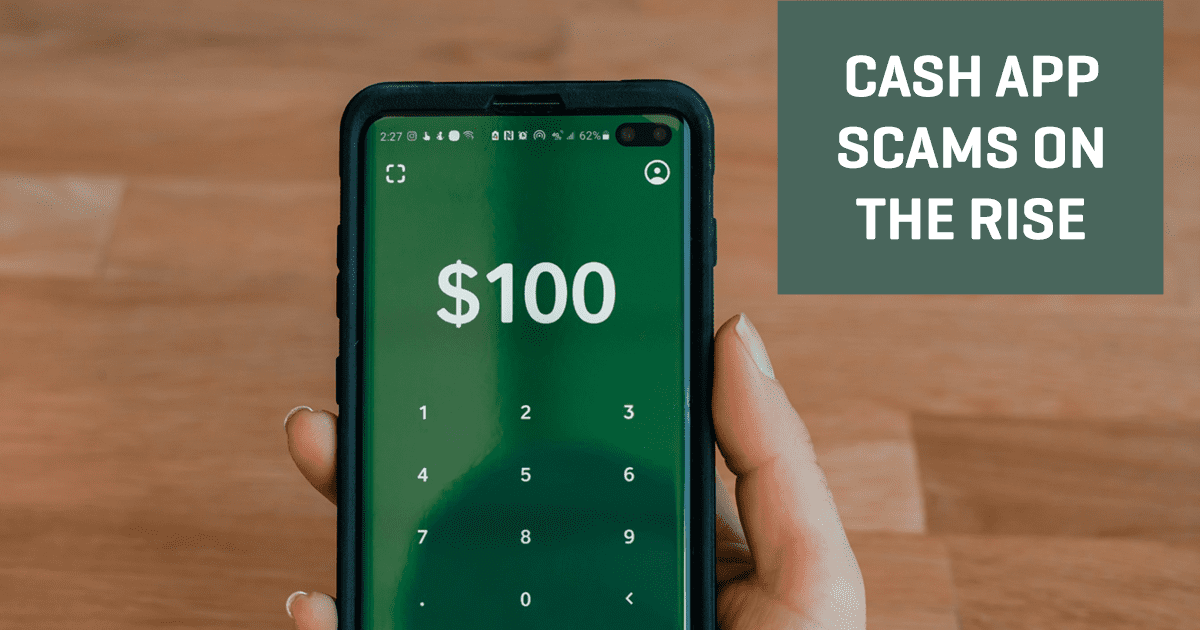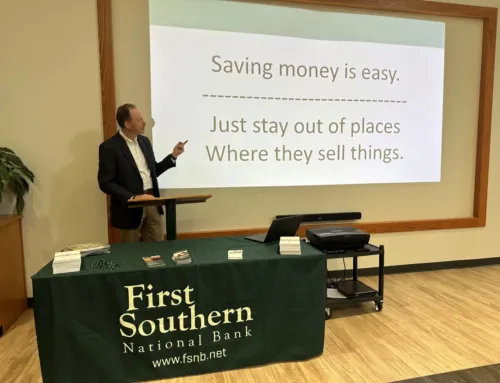Person-to-person payment apps are convenient, and usage continues to grow. However, there has also been an increase in fraud and scams. Here’s what you need to know.

You meet a friend for dinner and split an appetizer. You get a babysitter for the evening but don’t have cash on hand to pay them. You select a large gift for a family member, and others will contribute to reimburse you.
Person-to-person payment apps are an easy way to transfer money to friends and family, and usage continues to grow. As more consumers turn to these apps, the usage is expected to increase by 37 percent through 2021.
However, an increase in use also means an increase in fraud and scams.
Because these person-to-person payment apps don’t have the same regulations and protections as banks, little can be done to cancel a payment or get your money back if you are scammed. Most of these scams are happening through Cash App, and Fraud.org reported that the median loss in Cash App scams is about $500, but some consumers have lost thousands. That’s why it’s important to be vigilant about who you are sending money to through these apps. Here are some ways to avoid scams:
1. Only send money to people you know.
You might see an ad or be contacted by someone asking you to send them a small amount of money, and then they will send you a larger amount of money in return. This is known as ‘cash flipping,’ and it is a common scam.
A less obvious scam is being asked to put down a deposit for something you will never receive; for example, a puppy from a litter yet to be born or a new apartment you haven’t toured yet. Cash App advises that you never pay someone you don’t trust for something promised to you in the future. The best practice is to only send or request funds from people you know personally.
2. Never share your PIN or password.
Another Cash App scam involves fraudulent websites pretending to be the app’s support contact. When you call the fake customer service number, they will ask for your personal information and then use that to take money from your account. If you need help, be sure to contact support through the app directly. It’s important to remember that real customer service members will never ask for a PIN, password or other personal information.
3. Only keep as much money in your account as you need.
If you utilize person-to-person payment apps, don’t keep large amounts of money in your Cash App account. Instead, transfer large amounts to your bank account and only keep what you will need in the near future.
4. Use First Southern’s person-to-person feature instead.
First Southern National Bank offers customers a person-to-person payment option within Digital Banking. All you need is a cell phone number or email address and the amount you want to send. For the recipient, they’ll just respond to the text or email with their debit card number to receive the payment.
We hope these tips help you and serve as a reminder to be wary of offers that sound too good to be true!
If you do fall victim to a scam, contact the app’s support immediately to try and cancel the payment. If the money was coming directly from your bank account, contact the bank to see if they can stop the payment from coming out of your account. Then, report the scam to the FTC to prevent it from happening again to you or others. Read more about recognizing and avoiding scams here.
Some customers have reported that scammers try to convince them that if they report anything to the authorities, the bank will hold the customer’s money ‘hostage.’ This is not true, and banks want to protect customers from fraud, not harm them! Please contact us if you believe you have fallen victim to a scam.



